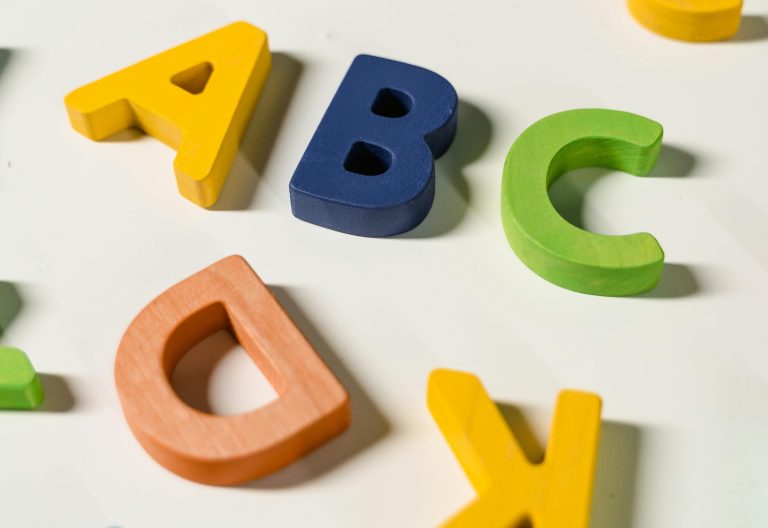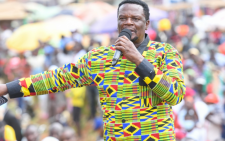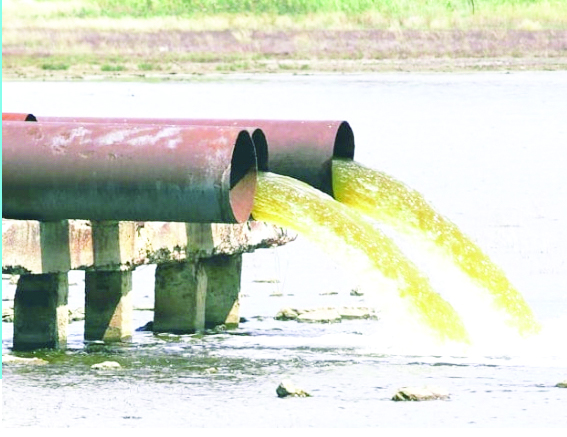CBE pathways, tracks and learning areas

As Kenya’s Competency-Based Education (CBE) system continues to take shape, one of its most transformative features is the introduction of pathways, tracks, and learning areas—a structure designed to personalise learning and align education with the diverse talents, interests, and career aspirations of learners.
This marks a decisive shift from the one-size-fits-all model of the previous system to a more flexible and responsive framework that values both academic and practical skills.
At the senior school level, learners will be placed into one of three major pathways—STEM, Social Sciences, or Arts and Sports Science—each with distinct tracks and specialised learning areas.
This design provides a rich and flexible learning experience that prepares students not just for exams, but for life, work, and further studies.
After completing senior school, learners will chart their paths based on their career interests by either enrolling in a Technical and Vocational Education and Training (TVET) institution, joining a university, or venturing into the world of work and entrepreneurial activities.
They will pursue further training or studies for a minimum of three years, although some career paths may require a longer duration, depending on the profession.
In Part 4 of this series, I explored School-Based Assessment and examined the structural and pedagogical shifts introduced under Kenya’s CBE system.
In this fifth instalment, I deepen readers’ understanding of the CBE framework by unpacking the concept of pathways, tracks, and learning areas—core elements that define the learner’s journey in senior school.
STEM pathway
The Science, Technology, Engineering, and Mathematics (STEM) pathway is designed to nurture learners with a keen interest in scientific exploration, innovation, and technology.
This pathway is structured into four distinct tracks, each offering targeted learning experiences that prepare students for diverse academic and career opportunities.
The Pure Sciences track lays a strong foundation in core scientific disciplines, engaging learners through subjects such as Mathematics, Biology, Chemistry, and Physics.
This track is ideal for those aspiring to pursue careers in research, medicine, or advanced sciences.
The Applied Sciences track connects theoretical knowledge with real-world applications.
Learners study areas such as Agriculture, Health Education, and Environmental Science, equipping them with skills to address practical challenges in society and contribute to sustainable development.
The Technical and Engineering track focuses on preparing learners for careers in the engineering and technical sectors.
It includes learning areas like Electrical and Electronic Technology, Mechanical Systems, Woodwork, and Building Technology—providing hands-on experience with tools and systems that drive industrial progress.
Lastly in this pathway, the Career and Technical Studies track is tailored to impart job-ready skills.
Learners engage in practical subjects such as Fashion Design, Culinary Arts, Computer Studies, and Automotive Technology, positioning them for immediate entry into the workforce or entrepreneurship.
All the tracks in the STEM pathway seek to support national development by entrenching critical thinking, creativity, and skills in students. It is for this reason that the government has projected and guided that 70 per cent of all learners should be on this pathway.
As such, all senior schools are expected to offer at least some tracks of the STEM pathway.
Social Sciences pathway
The Social Sciences pathway is tailored for learners who are deeply interested in understanding human behaviour, societal structures, languages, and the world of business. This pathway aims to cultivate critical thinkers and future change-makers.
The Languages and Literature track enhances learners’ communication skills and cultural awareness through a diverse range of languages and literary studies. Learning areas include English, Literature, Kiswahili, German, French, and Mandarin.
The Humanities track nurtures a deeper understanding of social dynamics and the historical, geographical, and spiritual forces that shape societies.
Learners engage in subjects such as History, Geography, and Christian Religious Education (CRE), encouraging thoughtful reflection and civic responsibility.
The Business Science track prepares students for success in the entrepreneurial and corporate world. It includes learning areas such as Accounting, Economics, Entrepreneurship, and Business Studies, offering practical knowledge and skills for managing resources, running enterprises, and contributing to economic development.
Together, these tracks ensure that learners in the Social Sciences pathway are well-rounded, informed, and equipped to make meaningful contributions to their communities and beyond.
Arts and Sports Science pathway
The Arts and Sports Science pathway is designed for learners who excel in creative expression and physical performance.
This pathway provides a structured platform to nurture natural talent while paving the way for personal and professional development in the arts and sports sectors.
The Visual Arts track develops learners’ visual creativity through subjects such as Fine Arts, Graphic Design, and Textile Design.
It allows students to explore and refine their artistic abilities, preparing them for careers in design, fashion, and other creative industries.
The Performing Arts track offers learners the opportunity to express themselves through performance. It includes learning areas such as Music, Dance, Theatre Arts, and Film Production, enhancing confidence, communication skills, and artistic flair.
The Sports track supports learners in achieving physical excellence and pursuing careers in sports and fitness.
Subjects like Athletics, Indoor Sports, Swimming, and Sports Management not only promote physical well-being but also introduce learners to the organisational and leadership aspects of the sports industry.
Altogether, the Arts and Sports Science pathway affirms the value of creativity and athleticism in education, offering learners a dynamic route to fulfilling their passions and realising their potential.
Learner support initiatives
Learner support programmes are a vital component of CBE, ensuring holistic development beyond academics. Central to this support is the Values-Based Education (VBE) programme, which nurtures ethical behaviour, patriotism, and responsible citizenship among learners.
Parental Empowerment and Engagement (PE&E) encourages the active involvement of parents in their children’s learning journeys, strengthening home-school collaboration.
Community Service Learning (CSL) offers learners hands-on opportunities to apply classroom knowledge while giving back to society, instilling a sense of civic duty and empathy.
Guidance services are provided to support learners’ emotional, social, and career development, helping them make informed choices and navigate challenges.
Additionally, participation in clubs—ranging from debate to environmental, science to arts—enhances co-curricular engagement, cultivates talent, and promotes teamwork and leadership.
Together, these learner support programmes develop well-rounded individuals prepared for life, work, and responsible citizenship.
The Author is a Professor of Chemistry at the University of Eldoret, a former Vice-Chancellor, and a Quality Assurance Expert













